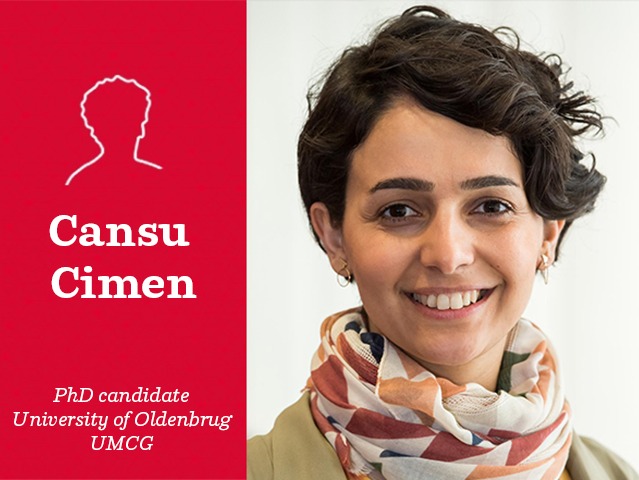Blog Aletta's Talent Network: ATN & ESHPM World Cafe on Antibiotic Resistance

Do you have to be a microbiologist or an infectious diseases physician to have concerns about coronavirus disease 19 (COVID-19)? I am sure all of you would say ‘No!’.
But, what about antibiotic resistance? Is it an issue that only concerns few people and that we can ignore especially during today’s global health crisis? The online meeting on 9 April 2021 at the World Café targeted exactly this topic: “Are you interested in public health? Then join us! We are going to discuss one of today’s greatest public health challenges: antibiotic resistance!” We first listened to a keynote lecture from Dr. Corinna Glasner on antibiotic resistance in general. Then we discussed the topic and its link with the current COVID-19 pandemic in smaller groups with people coming from different backgrounds. This was a great initiative to put this issue on the table and to let the diverse ideas come together.

Antibiotic resistance should be considered less acute but not less vital than the COVID-19 pandemic. Actually, we might call it a ‘silent pandemic’: a serious threat which we shouldn’t remain silent about! Data from the European Antimicrobial Resistance Surveillance Network (EARS-Net) demonstrate this slow-motion pandemic: antibiotic resistant bacterial infections cause more than 30,000 deaths every year in Europe.
As an infectious diseases and clinical microbiology physician, I am a PhD candidate at the University Medical Center Groningen and the University of Oldenburg. Our original research plans concerned the assessment of antibiotic resistance prevalence and infection prevention and control practices (IPC) in the Northern Dutch-German cross-border region. The COVID-19 pandemic had a crucial impact on our research plans. We changed our questions as follows: Does COVID-19 drag a second antibiotic resistance pandemic behind it related to increased use of antibiotics for critically ill patients? Or does increased adherence to infection control measures (such as hand hygiene), both in the community and in hospitals, help us to fight against antibiotic resistance?
We know that microorganisms do not respect borders. COVID-19 made it visible more than ever. Despite differences in health care systems at each side of the border, challenges are similar. Now is the time to answer our questions, using close cooperation and an interregional approach: The more we learn from each other the more we gain insights to tackle the ongoing pandemic: antibiotic resistance.
Author
Cansu Cimen, UMCG,
c.cimen umcg.nl
@CimenCansu



